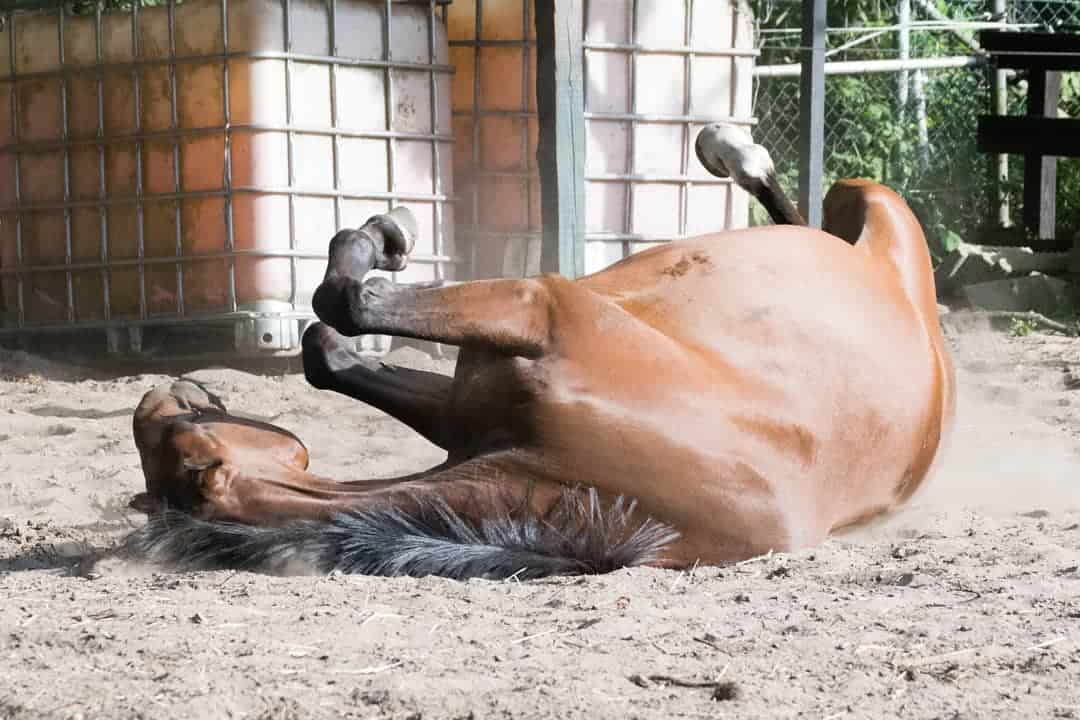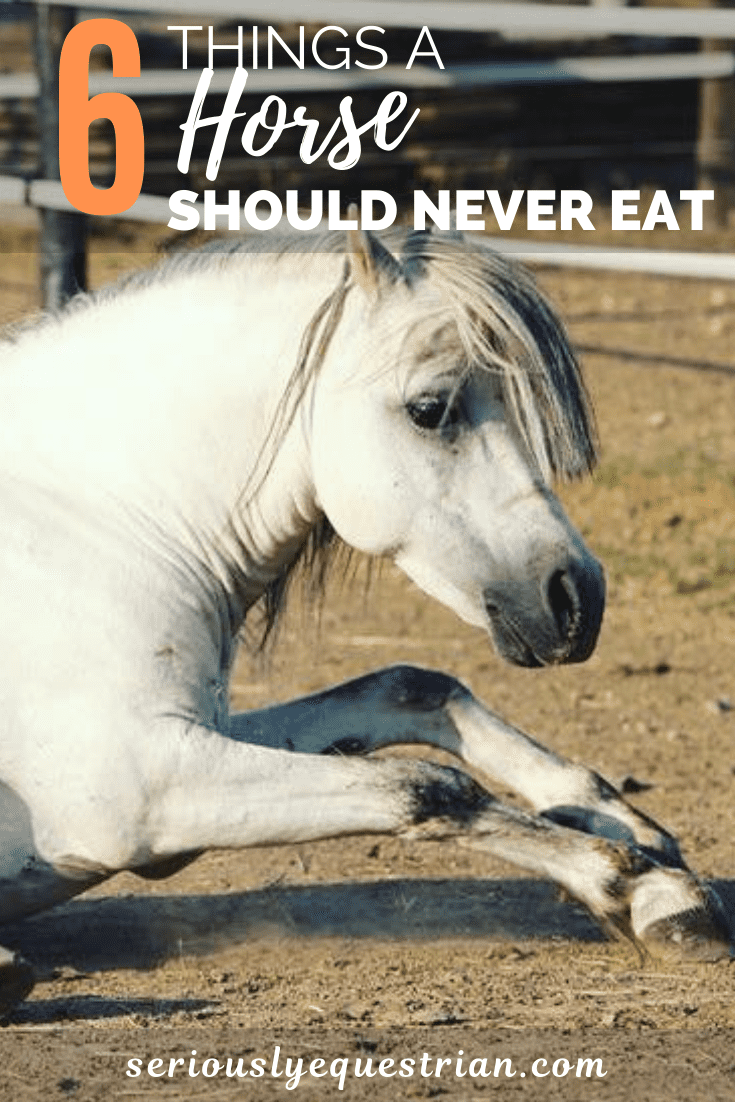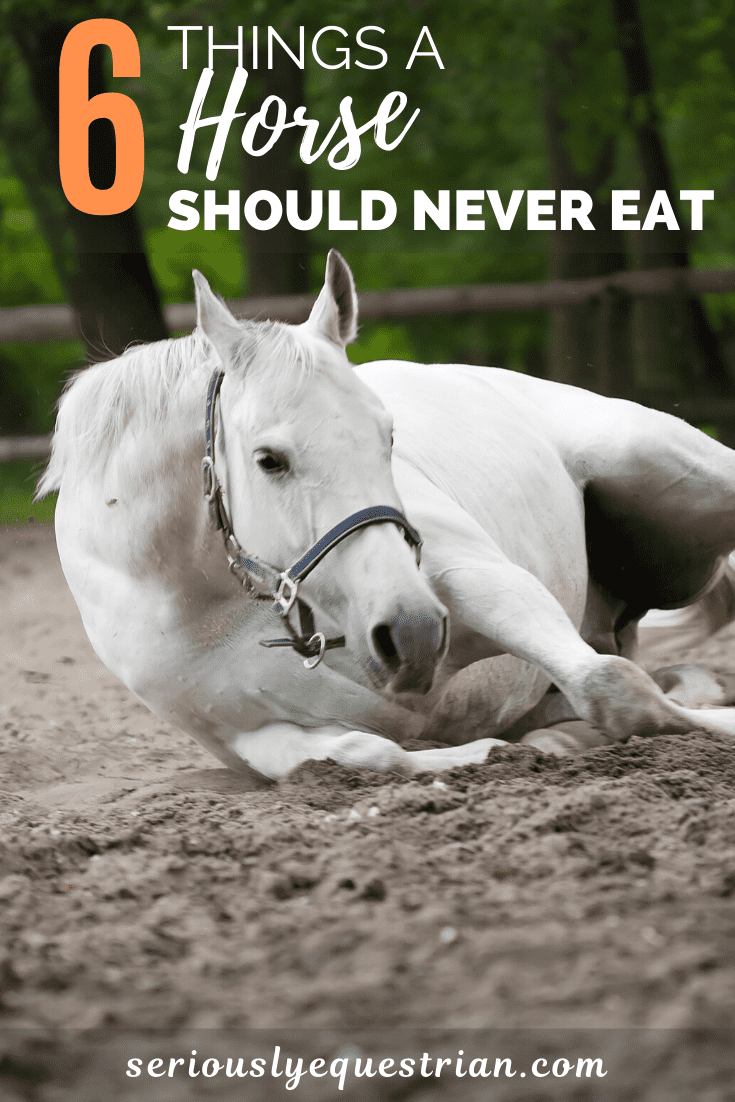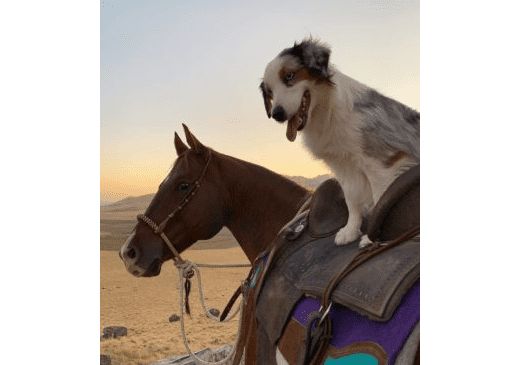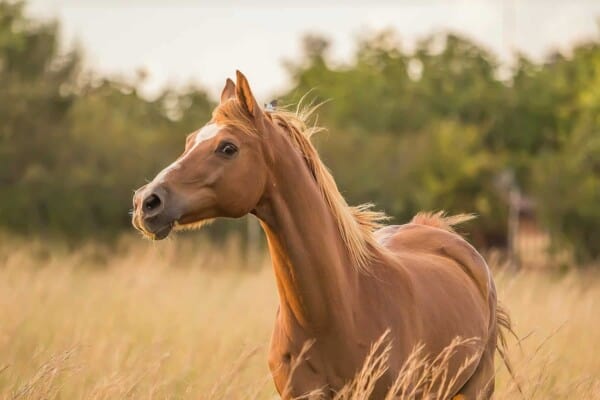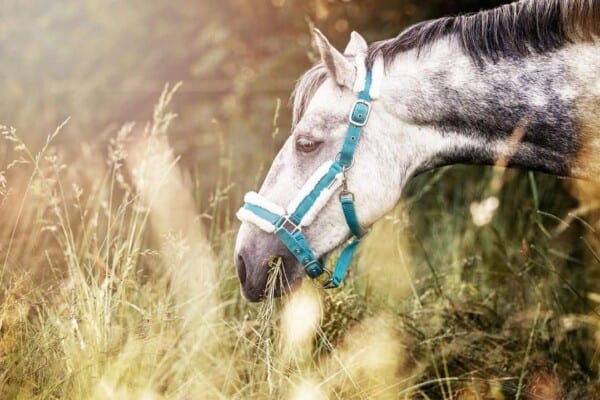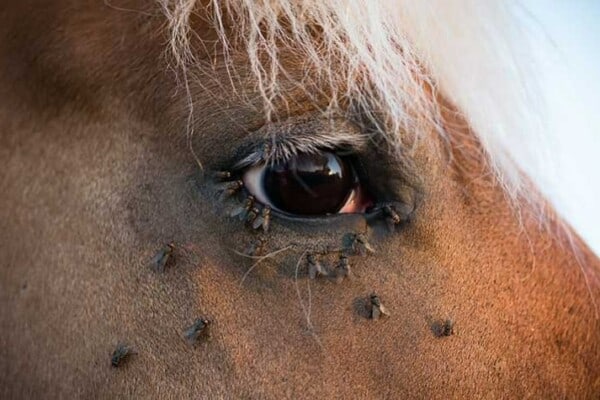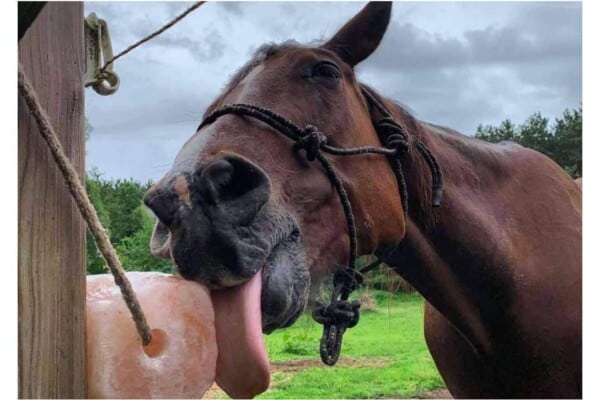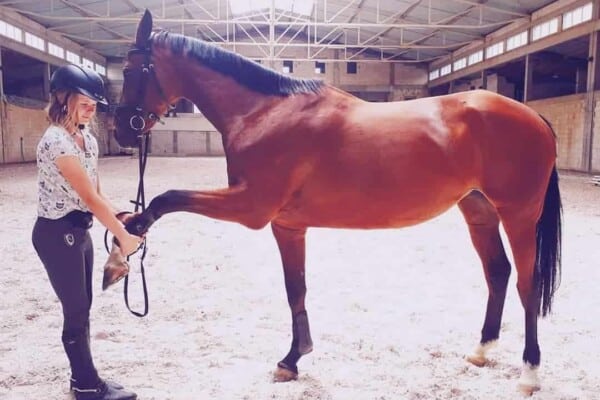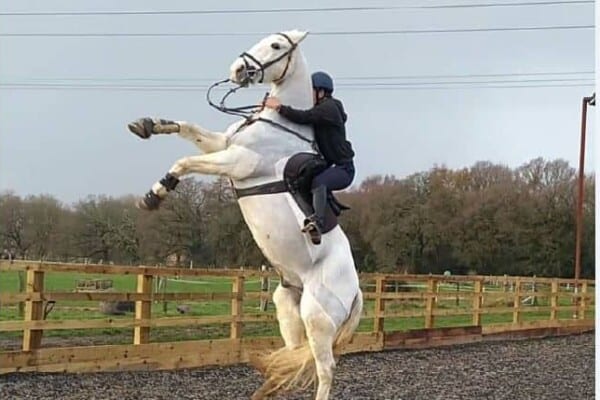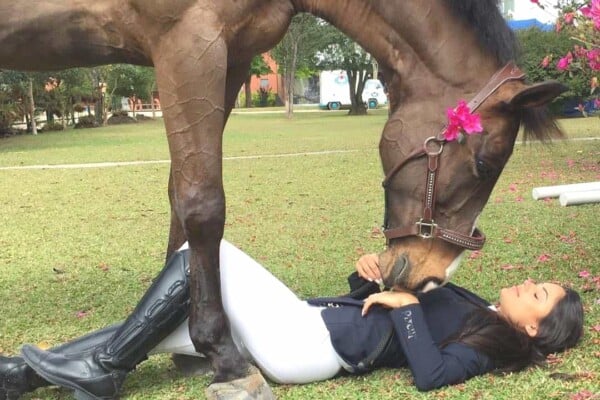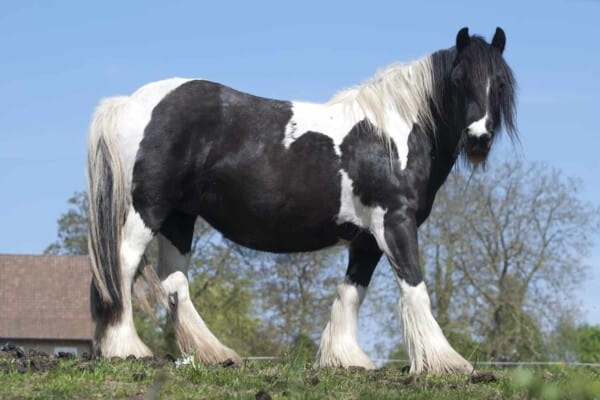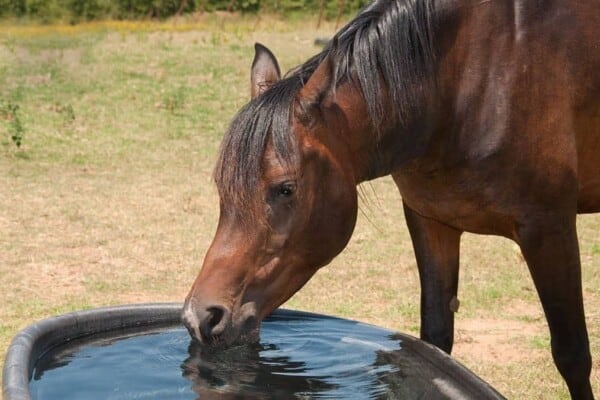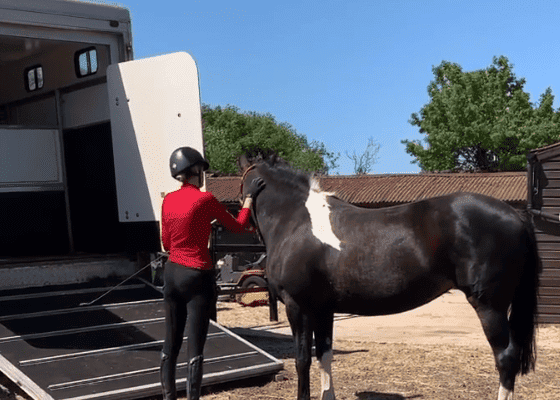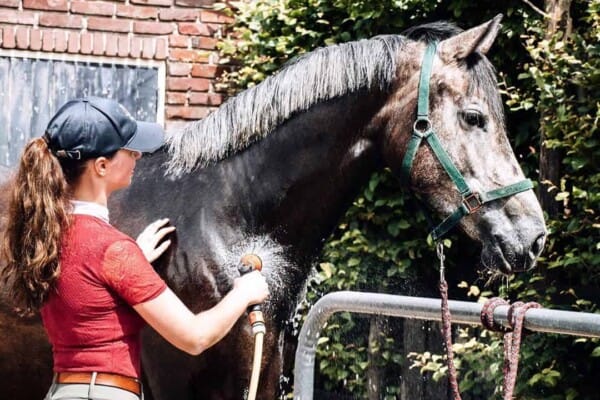Every now and then its nice to treat your horse to some different food. My own horse loves apples and gets very excited if he thinks that there is one concealed in jacket. Treats are a good way of maintaining the bond between you and your horse. However we need to be careful about what treats and different feeds we give a horse. Some foods that may seem attractive to a horse may actually be quite toxic and can make them very sick. Horses lack the awareness and discipline to reject certain foods so it is up to us as equestrians to keep an eye on the type of food and quantity of feed that a horse is getting.
If you are a horse owner or regularly feed horses you should have a good understanding about what is OK to give and not OK to give a horse. Here are some of the main things to avoid giving a horse:
Meat
Horses are obligate herbivores. Their entire digestive system is designed to only process a plant based diet. This means that their digestive system cannot properly process meat and they do not have the necessary teeth to break it down. Horses may in some cases eat meat if it is given to them but they should never be knowingly fed meat.
The exact affect of meat on their digestive system differs from horse to horse. If they are regularly given meat it will almost certainly have a negative effect on their health in the long term. All this said there is no need to panic if a horse eats a scrap of meat that someone has dropped. A horse will not become instantly sick from a piece of meat.
Large Amounts of Fruit and Vegetables
As mentioned above many people like to give horses treats like apples. Horses love the sweet taste of fruit and will constantly look for more. Apples and some other fruits are OK in small quantities but can be hazardous in large amounts. Too many apples or fruit could result in colic which can lead to more serious gastro issues such as colonic ulcers.
You should take extra care if your horse resides in an agricultural area where they could potentially get access to crops or tree’s bearing fruit.
Lawn Mower and Garden clippings
It is not uncommon for people to empty lawn mower and garden clippings in pastures where horses graze. However horse owners should be careful to ensure that their horse never has access to mower and garden clippings. Lawn mower and garden clippings can be dangerous for a number of reasons.
Fresh lawn clippings are often warm. This means that they are in a state of fermentation. This same thing happens in the horses stomach when they eat grass. However when they are clipped they are already chopped up and the horse can swallow without chewing or breaking down with saliva. This means that the clippings are already fermenting when they reach the horses stomach. (Usually this happens much later in the digestive process). The fermenting grass in the stomach produces gas which then expands. This in turn can result in severe abdominal pain and colic which can be fatal in some instances.
Garden clippings may be dangerous depending on which tree or plant they have been cut off. There are many plants and trees that are poisonous to horses. A feeding horse may not be able to separate the potentially toxic clippings from other clippings when feeding. As a result there is a risk that the horse could ingest something that could severely harm them.
Poor Quality Hay
When the quality of hay that a horse gets is consistently bad, it can have serious negative affects on their health. Hay that contains dust or mould spores can lead to breathing complications which can severely impact their overall health and quality of life. The other danger from bad hay is that horses are less likely to consume sufficient quantities of it. When this happens they may miss out on key nutrients such as fiber. If they do not get sufficient fiber they will not maintain their weight and their body may stop producing the same level of heat. This could result in them feeling cold and having reduced energy. To avoid these problems we should be consistently checking the quality of the hay that our horses get.
Cole Crops
Cole crops are cruciferous vegetables that include kale, broccoli , brussel sprouts, and other similar green leaf vegetables..
These vegetables can be quite gassy when consumed and this this gas can then expand and put pressure on a horses stomach. A horse may get a mild to severe bout of colic depending on the quantity of cole crops consumed. Just like lawn and garden clippings we should take care if disposing of large amounts of these vegetables.
Cattle Feed
It is commonplace to see horses and cattle grazing on the same pastures. They may also share the same hay and water. However they have very different digestive systems and very different dietary requirements. This means a horse should never be given grain based feed that is designed for cows.
Urea is a non-protein nitrogen source that is commonly found in the diets of ruminant animals such as cattle. Horses cannot break down urea into carbon dioxide and ammonia in the same way cattle do. This means that it can remain in their system and become toxic. Urea can result in serious illness for horses and can even be fatal in some cases.
Other ingredients found in cattle feed such as Rumensin and Bovatex are also poisonous to horses and can also result in serious illness and fatalities.

